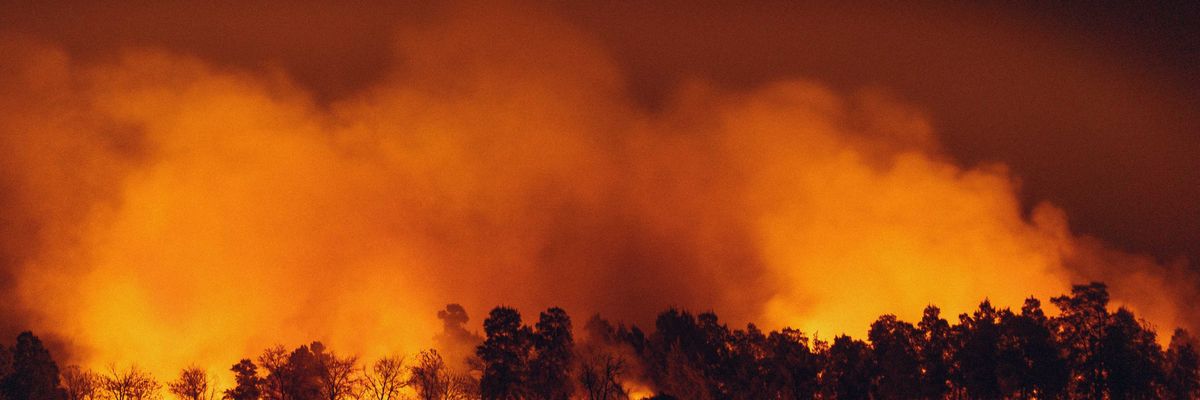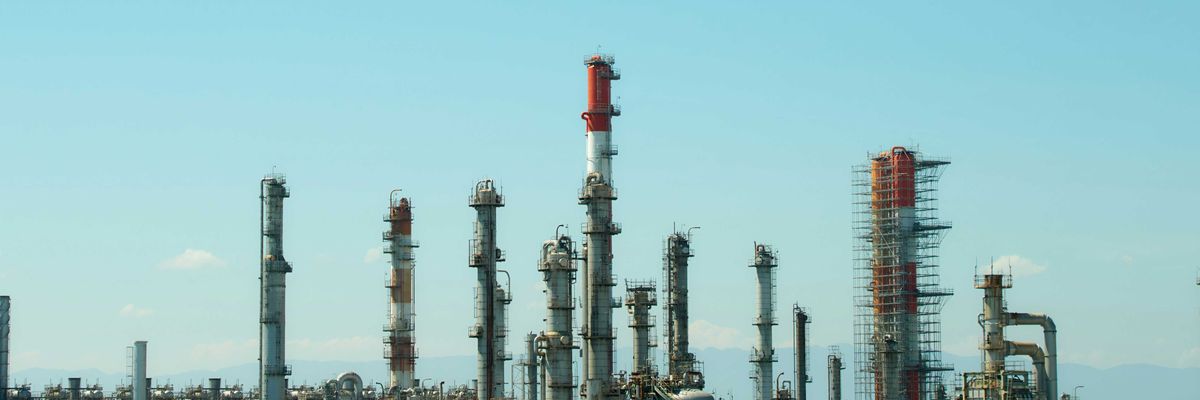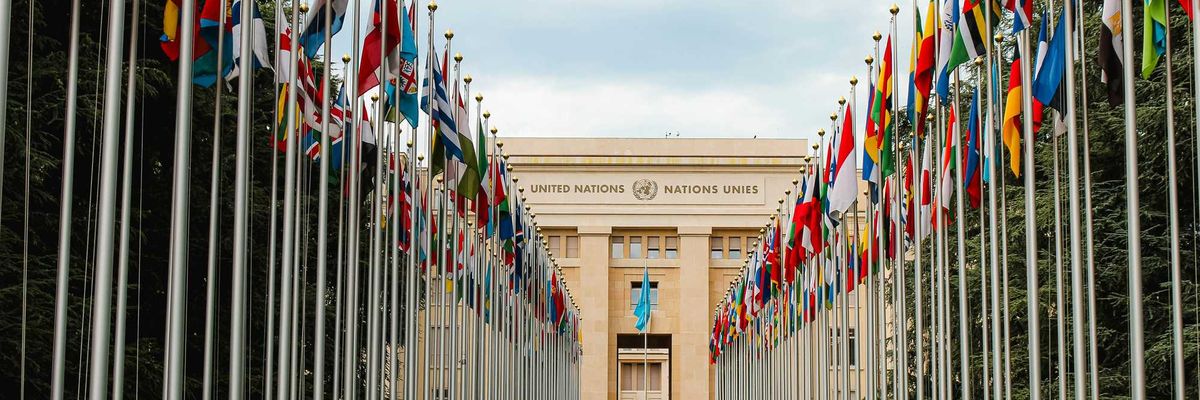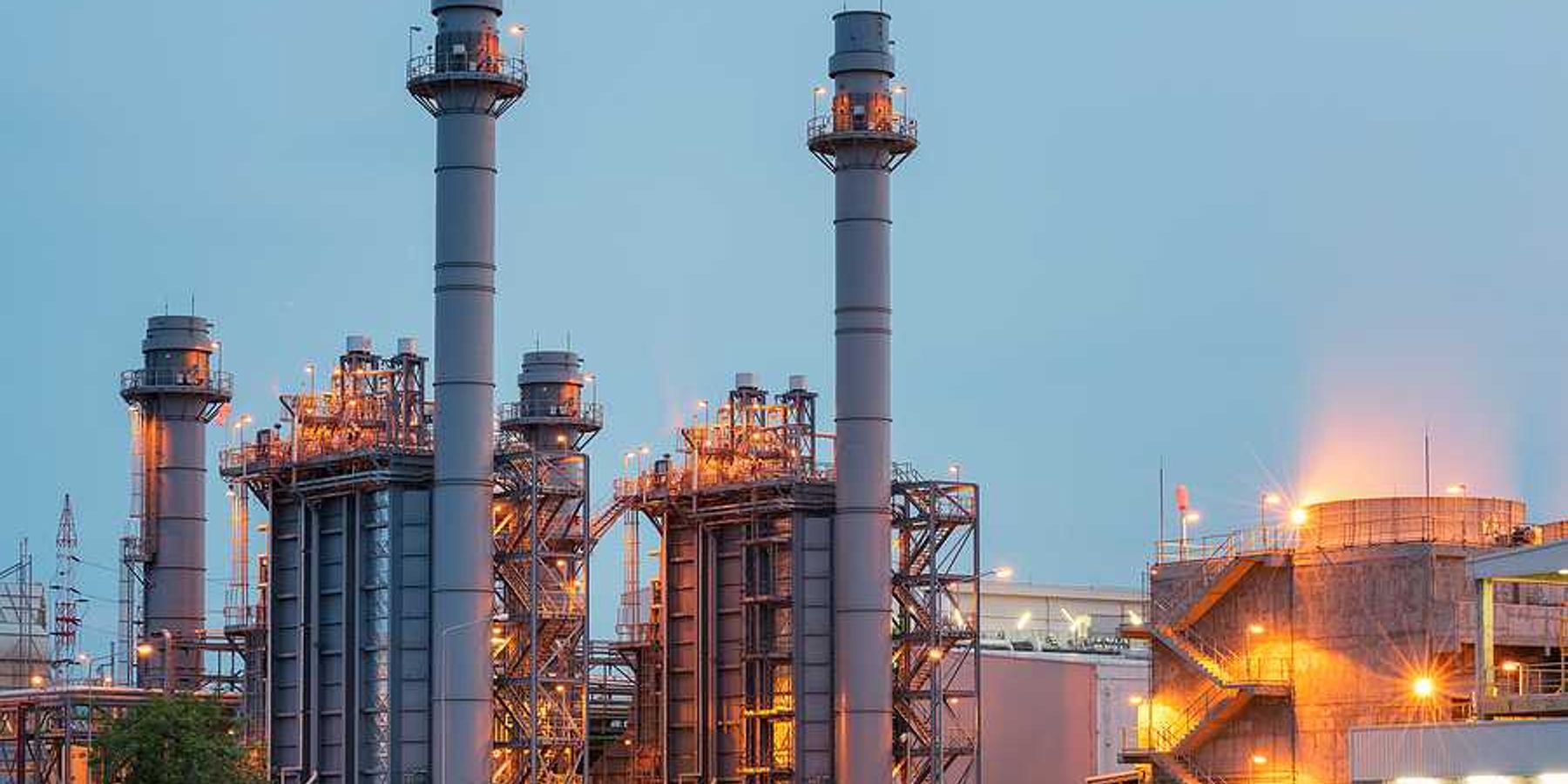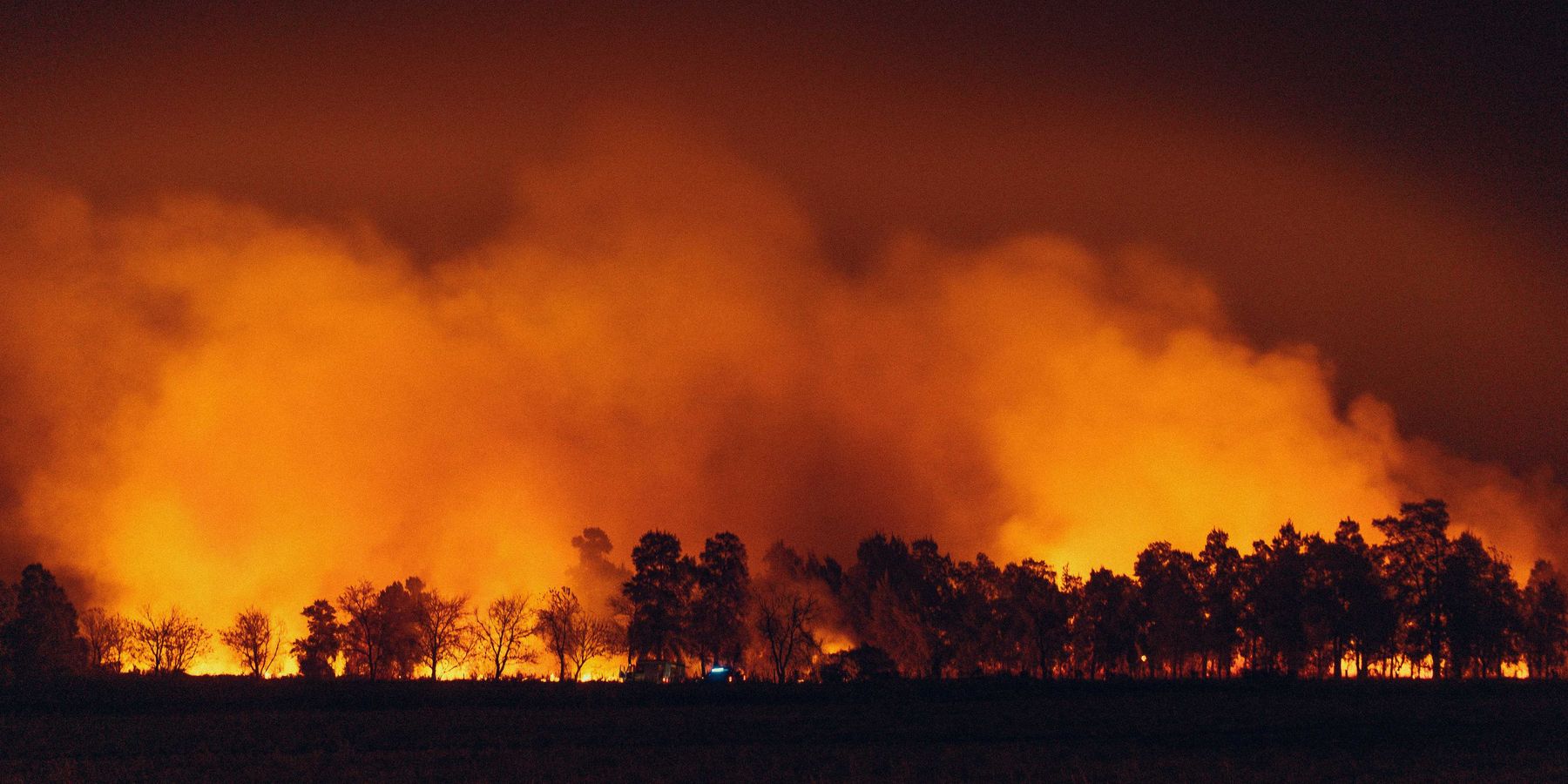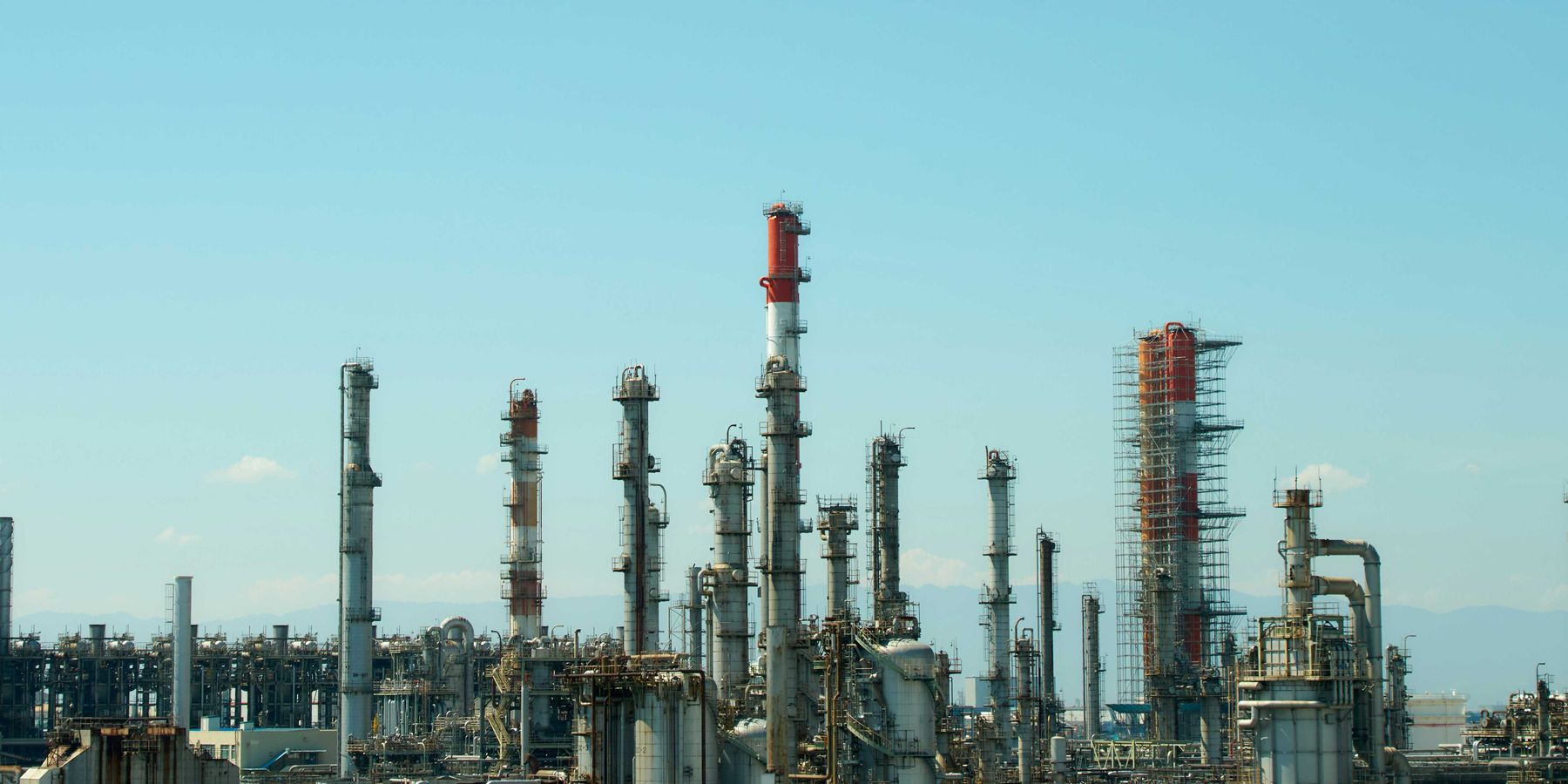vulnerability
West Africa's early heat wave signals climate change's impact
West Africa experienced an unprecedented early heat wave, intensified by global warming.
In short:
- Climate change has made extreme heat events in West Africa, like the recent heat wave, ten times more likely, exacerbating the heat index significantly.
- The heat wave prompted additional hydration breaks during the Africa Cup of Nations soccer tournament, highlighting the immediate impacts on daily activities.
- Vulnerable populations, including the elderly and outdoor workers, face heightened risks due to inadequate access to cooling resources.
Key quote:
"Many, many people wouldn’t have been acclimatized to the heat."
— Wasiu Adeniyi Ibrahim, head of the Nigerian Meteorological Agency’s central forecast office
Why this matters:
This early heat wave is a clear signal of how climate change is not just a distant threat but a current reality affecting millions. The health implications are immediate and severe, with the most vulnerable in society bearing the brunt of these climate-induced extremes. Intense heat waves induced by climate change create favorable conditions for air pollution to worsen. Scientists say this isn’t likely to change unless action is taken.
The risk of more fires like the one in Hawaii risk is growing
EPA to evaluate climate change's impact on Smurfit-Stone cleanup
The Environmental Protection Agency announced it will conduct a Climate Vulnerability Assessment starting later this month at the former pulp and paper mill.
Here's why Louisiana is so vulnerable to climate change
The climate crisis is expected to lead to intensifying storms, heavier rains and rising seas -- and Louisiana looks to be increasingly at risk.
Health of older Americans at risk from growing heat waves fueled by climate change
Heat waves fueled by climate change are arriving earlier, growing more intense and lasting longer, creating higher risks of illness and death for older people who are especially vulnerable to hot weather.

